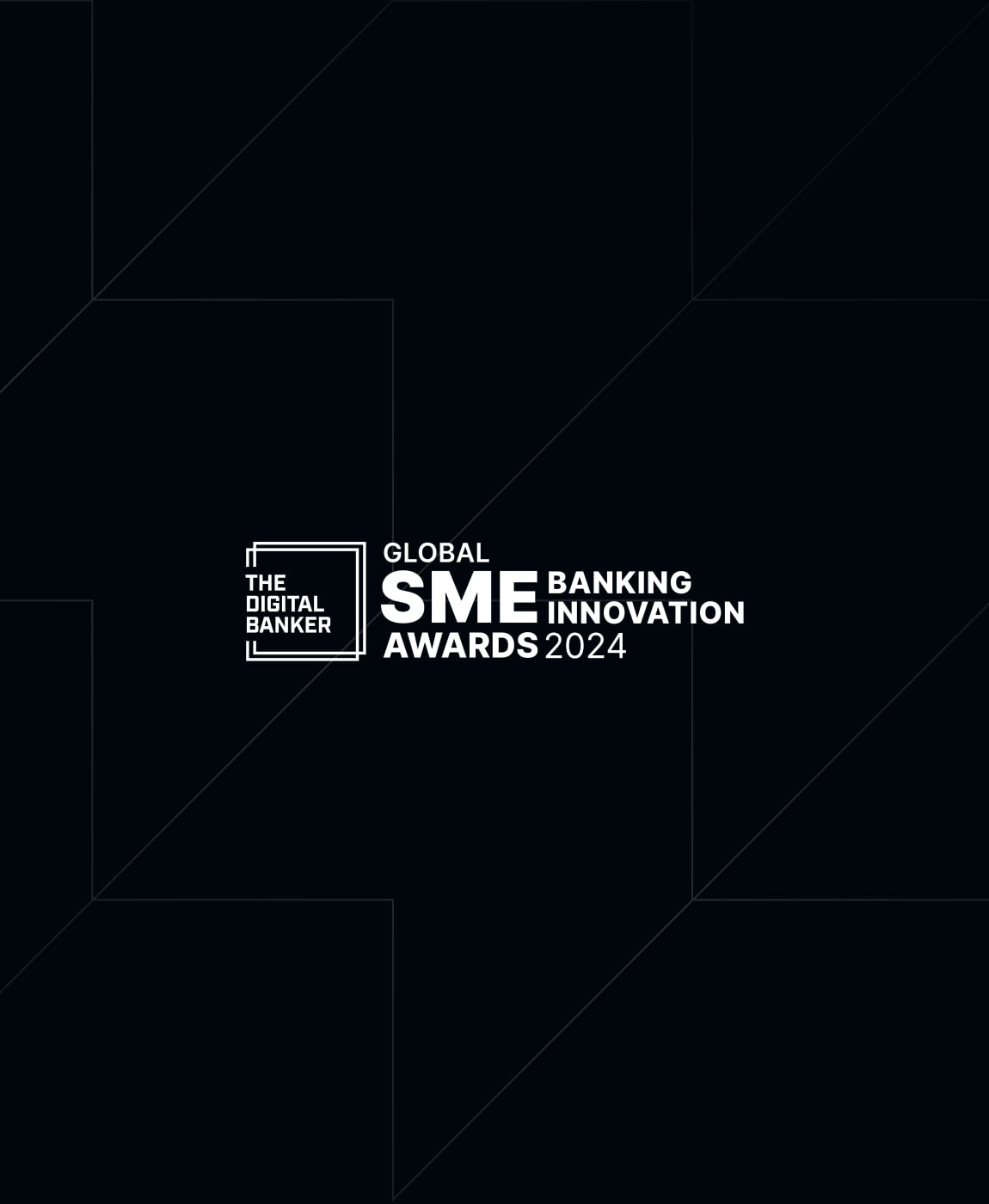I am a strong believer in the fact that if you want to create a new company, you don’t need to have the next big idea. Rather than waiting to come up with a revolutionary concept, you can take any existing industry and, with enough research, discover how to improve upon it. You can read books, interview people, and turn a critical eye on the sector’s key players, bringing to light their strengths and weaknesses. At some point you will begin to understand the puzzle, and I can bet that you will always come across a broken piece that you could fix.
This piece of the puzzle can even be something very simple, but if you choose it very well, with the right approach and the right timing, you can make a breakthrough. If you decide to pick one and work hard enough on it, you will discover progressively that any industry is a puzzle full of broken pieces. Try it, you’ll see. Choose a category — any one — study it closely, and you will quickly see that the parts that make it up are often rough, worn, or even broken.
We studied the banking industry puzzle extensively, and we are convinced that now is the time to change a few pieces and create a new bank, from scratch. This is why we’re building a new bank, from scratch.
Banking has completely changed in the last 30 years. Today’s banks evolved in a world where there was almost no regulation, all processes were paper-based, and none of their clients had Internet (not to mention smartphones). The multiple economic crises since the 80’s and the introduction of new, affordable technologies have had innumerable effects. While banks complain of “over-regulation”, their clients clamour for an efficient, open relationship with their banker in real time.
Running a bank is complicated. It’s all about managing, understanding and mitigating risk: supporting those clients with limited risk and saying “no” to all the risky projects (inevitably the majority). This is necessary to protect both current clients and the bank itself. This is necessary to protect both current clients and the bank itself. anks are the cornerstone of the economy; they must do all they can to avoid crashing, no matter the circumstances. It’s a really tough job.
Part of the problem is that the vast majority of people don’t care about this hidden complexity and the long-term view that a bank (or any business) must take. And they shouldn’t. And why, after all, should they care? If you went to a mechanic who couldn’t repair your brand-new car because she didn’t have up-to-date equipment, you would deem this wholly unacceptable. The technical details are neither your responsibility not your concern. You simply expect the mechanic to keep on top of advancements in the industry, and rightly so.
Businesses’ problems are not their customers’ problems. Regardless of the complexity involved behind the scenes, clients are seeking ever-improving quality in their personal and professional dealings. Industries need to adapt constantly, often by throwing away their old frameworks and creating new ones.
We think that SMEs—and the human beings behind them: CEOs, CFOs, accountants, etc.—are the ones who suffer most from the banking system’s current frameworks. SMEs are highly complex customers for banks: they need extremely prompt replies, the economics of their business may be difficult to understand, and the revenue they can yield is not always adapted to the cost structure of traditional banks.
We want to deliver a completely new level of experience to these companies. To do that, we need to rebuild almost everything from the ground up. It’s not only about technology. We must also rethink many other aspects:
- HR policy, to align everyone with long-term objectives;
- risk management, to improve its precision;
- processes, to allow bankers to focus on their clients.
More importantly, we need to change the culture to make it more open and transparent, more international at heart, because we are European people and companies in a global world.
We’ve only just begun. We are starting a journey to build a new kind of European bank. We are determined to set the new standard and to become the best partner SMEs will ever work with. The task is enormous, the challenges are everywhere, but we are ready to tackle them head on.
Update (June 23, 2020): we’re now a real bank.





